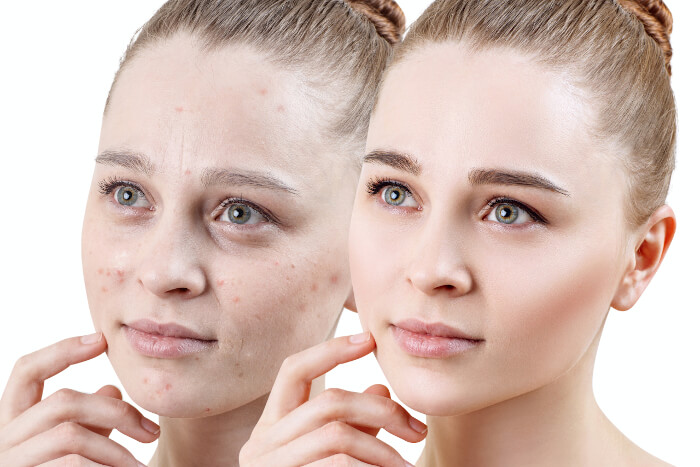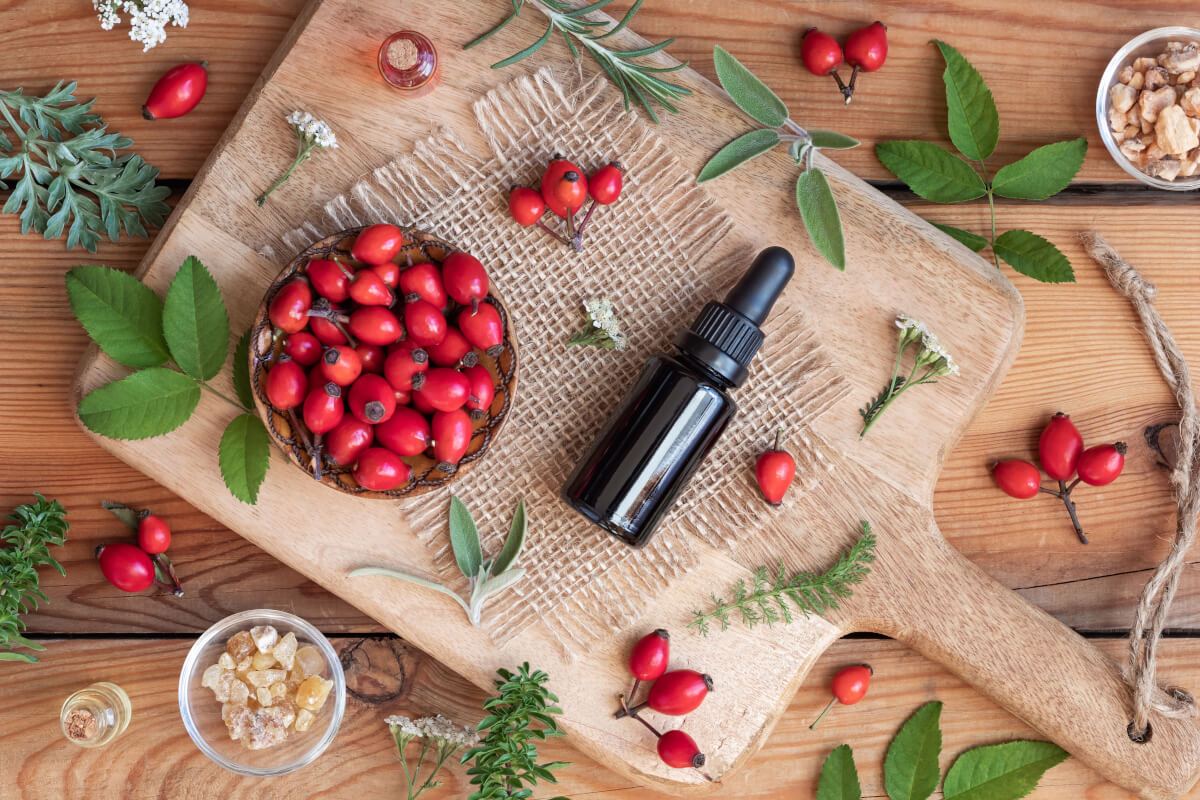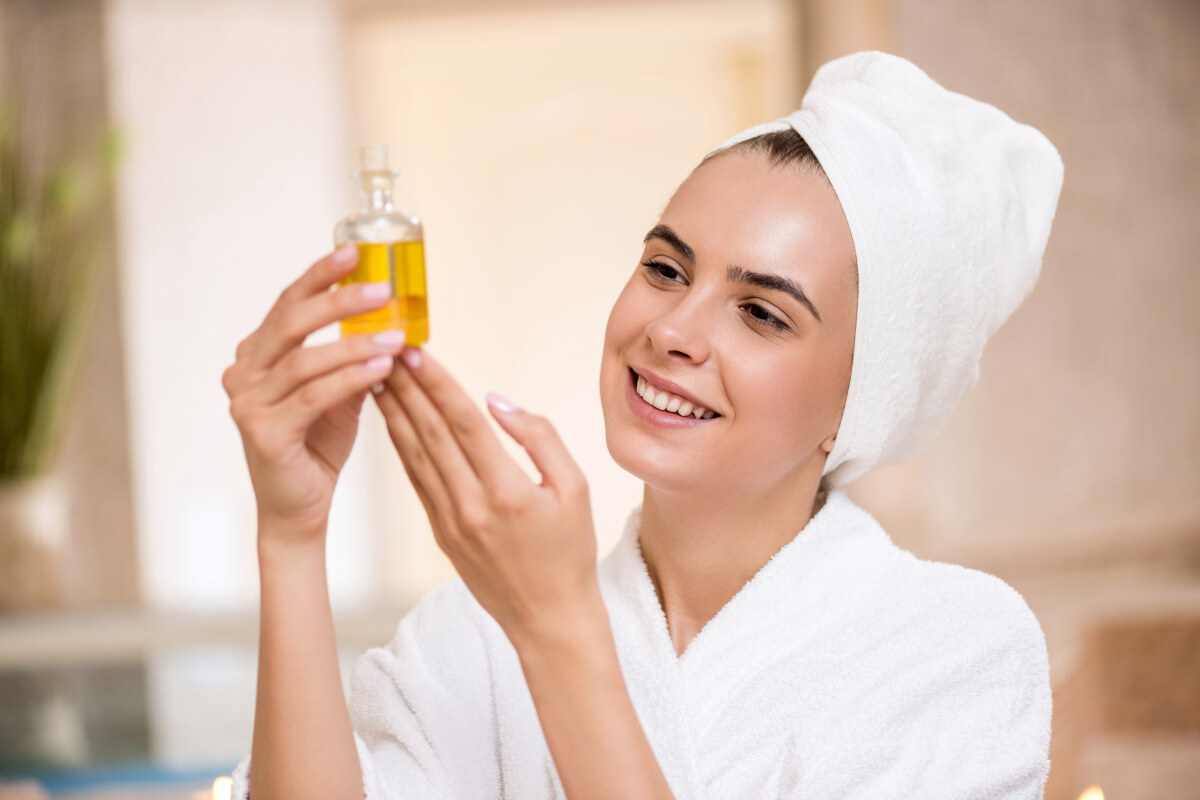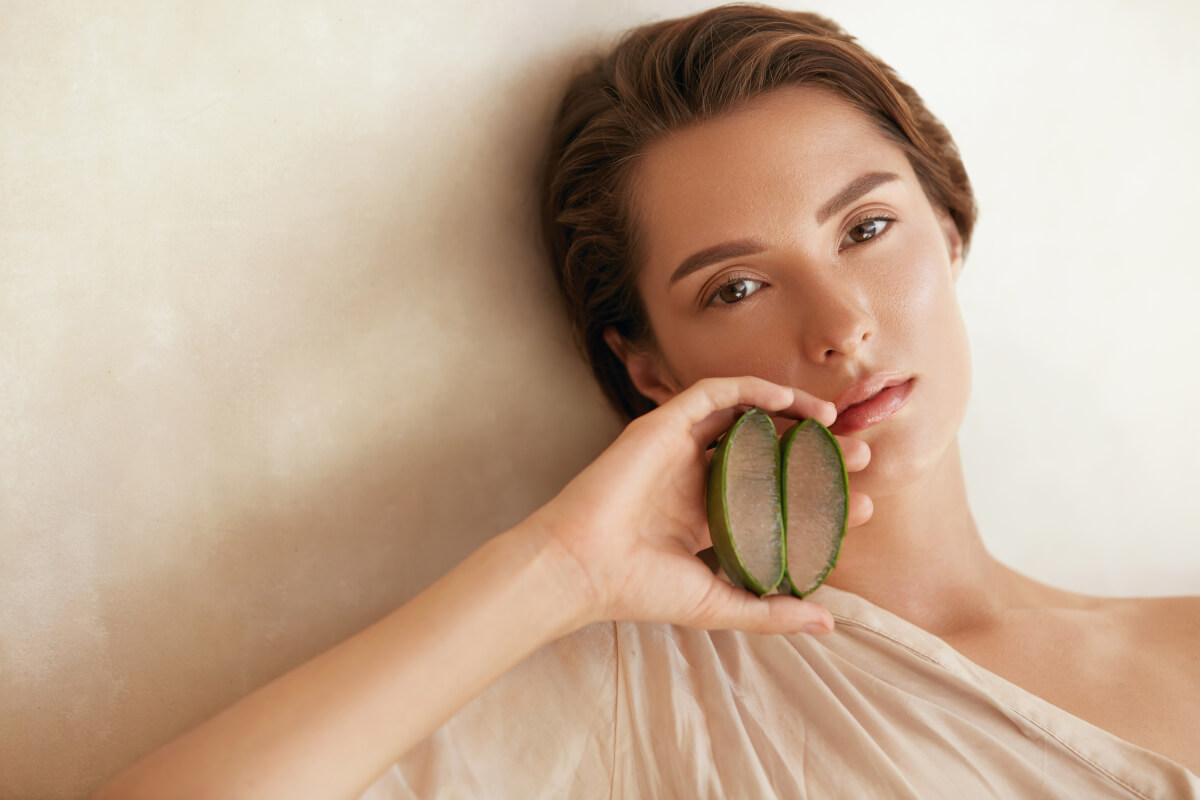
Can Skin Care Products Cause Acne?
Most of us have probably heard warnings that applying skin care products can contribute to acne and other skin problems. But with so much conflicting information floating around the internet, it can be hard to separate fact from fiction. We took a deep dive into what skin care professionals and research says about the subject, and the results might surprise you.
People have been sharing online advice about how to treat acne since the dawn of the internet. From mayonnaise spreads, to avoiding lotions or moisturizers all together — there seems to be a ton of advice out there, and a lot of it can be conflicting. We’re here to clear up common misconceptions and explain how they could cause acne or make it worse if you follow the wrong advice.
Skin Care Products and Acne: Myths vs. Facts
Let’s take a look at some of the most common myths to find the truth about how skin care products can affect acne:
Myth: All skincare products cause acne because they clog your pores.
The truth is that some skin care products can cause acne, but the idea that all products do is incorrect. According to a study published in the Journal of Clinical and Aesthetic Dermatology, people dealing with acne or blemishes should avoid skin care products that contain mineral oil, petrolatum, lanolin, paraffin, squalene, and silicone derivatives such as dimethicone and cyclomethicone. And overall, the study also noted that moisturizers can help improve skin dryness and comfort to the patients who use acne-fighting products.
Myth: If you don’t transition from product to product often, your skin will get “used” to the acne treatment and you’ll have more frequent breakouts.
According to the American Academy of Dermatology Association (AAD), acne treatments often take time until the results begin to show, so you should use an acne skin care product for a minimum of six weeks before deciding whether it’s effective for you or not. And keep in mind that full results can sometimes take months.
Myth: Use astringents, toners, or rubbing alcohol to help reduce oily skin.
Using harsh astringents or products containing alcohol can have the opposite effect on oily skin — these products can excessively dry the skin, cause it to become irritated, making acne worse. Furthermore, these tend to contain isopropyl alcohol which is a known carcinogen so use caution when applying these to the skin.
How to Choose the Right Skin Care Products for Fighting Acne
Our research found that people who struggle with acne should use skin care products that are labeled “non-comedogenic” or “won’t clog pores.” It’s important to read the instructions and follow them properly. This may seem like common knowledge but for example overwashing can be just as harmful as not washing at all as it can train your skin overtime to produce more oil to make up for the oil you’ve removed. If you want to treat dryness that results from your acne treatments, we suggest choosing an oil-free, water-based moisturizer. As we mentioned above, avoid any moisturizing products that contain mineral oil, petrolatum, lanolin, paraffin, squalene, and silicone derivatives such as dimethicone and cyclomethicone, since they have been found to cause skin irritation.



